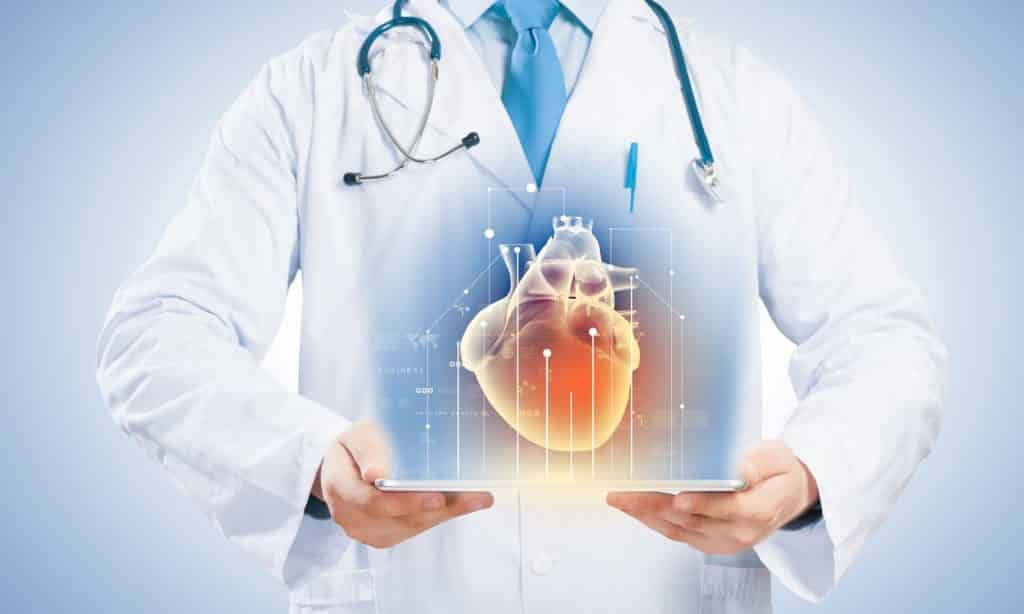
The human heart, a marvel of engineering, sustains life with its rhythmic beats and intricate network of vessels. However, when cardiac issues arise, navigating the complex landscape of heart specialists can be daunting. From cardiologists to cardiac surgeons, electrophysiologists to interventional cardiologists, each plays a crucial role in managing heart health. In this comprehensive guide, we delve into the diverse array of heart specialists, their roles, and how they collaborate to provide optimal care.
Cardiologists: The Guardians of Heart Health
Cardiologists are the primary custodians of heart health. They specialize in diagnosing, treating, and preventing diseases and disorders of the cardiovascular system. Their expertise spans a broad spectrum, encompassing areas such as coronary artery disease, heart failure, arrhythmias, and congenital heart defects. Through a combination of clinical evaluation, diagnostic tests, and medical therapies, cardiologists strive to optimize heart function and mitigate cardiovascular risks.
Subspecialties within cardiology further refine their focus:
- Interventional Cardiologists: Masters of Catheter-based Therapies Interventional cardiologists possess advanced skills in performing minimally invasive procedures to treat coronary artery disease and structural heart conditions. Using catheters and specialized tools, they navigate through blood vessels to deploy stents, perform angioplasties, and repair structural abnormalities. Their precision and expertise are instrumental in restoring blood flow to the heart and alleviating symptoms of cardiovascular disease.
- Electrophysiologists: Orchestrators of Heart Rhythm Electrophysiologists specialize in the electrical activity of the heart and the management of arrhythmias. Employing techniques such as electrophysiology studies and catheter ablations, they identify and treat abnormal heart rhythms, including atrial fibrillation, ventricular tachycardia, and supraventricular tachycardia. By restoring normal heart rhythm, electrophysiologists enhance both the quality of life and the prognosis of patients with arrhythmic disorders.
- Heart Failure and Transplant Cardiologists: Advocates for Ailing Hearts Heart failure and transplant cardiologists focus on managing advanced heart failure and providing care for patients awaiting or undergoing heart transplantation. They employ a multidisciplinary approach, integrating medical therapies, mechanical circulatory support devices, and heart transplantation when necessary. Their expertise extends beyond the confines of cardiology, encompassing palliative care, psychosocial support, and end-of-life planning for patients with advanced heart disease.
Cardiac Surgeons: Architects of Cardiac Reconstruction
While cardiologists specialize in nonsurgical interventions, cardiac surgeons are adept at performing intricate surgical procedures to repair, replace, or reconstruct damaged cardiac structures. Their repertoire includes coronary artery bypass grafting, valve repair or replacement, congenital heart defect correction, and heart transplantation. Collaborating closely with cardiologists, cardiac surgeons ensure a seamless continuum of care for patients requiring surgical intervention.
Emerging Specializations and Collaborative Care Models
As cardiovascular medicine evolves, new subspecialties emerge to address specific needs and challenges. These may include:
- Structural Interventional Cardiology: Focused on treating structural heart defects such as atrial septal defects, patent foramen ovale, and valvular heart disease using minimally invasive techniques.
- Preventive Cardiology: Emphasizing lifestyle modifications, risk factor management, and early intervention to prevent the onset and progression of cardiovascular disease.
- Cardio-Oncology: Addressing the intersection of cardiovascular health and cancer care, particularly the cardiovascular complications associated with cancer treatments such as chemotherapy and radiation therapy.
In addition to specialized care, collaborative models such as heart teams have gained prominence in recent years. Heart teams comprise cardiologists, cardiac surgeons, radiologists, and other allied healthcare professionals who collaborate to develop individualized treatment plans for complex cardiovascular conditions. By leveraging collective expertise and diverse perspectives, heart teams optimize patient outcomes and enhance the quality of care.
Conclusion
Heart specialists play pivotal roles in safeguarding cardiovascular health, from diagnosing and managing common conditions to navigating complex cases requiring specialized interventions. By understanding the distinct roles and expertise of cardiologists, cardiac surgeons, and emerging subspecialties, patients and healthcare providers can navigate the maze of heart care more effectively. Through collaboration, innovation, and a patient-centered approach, heart specialists continue to advance the field of cardiovascular medicine, offering hope and healing to millions worldwide.
